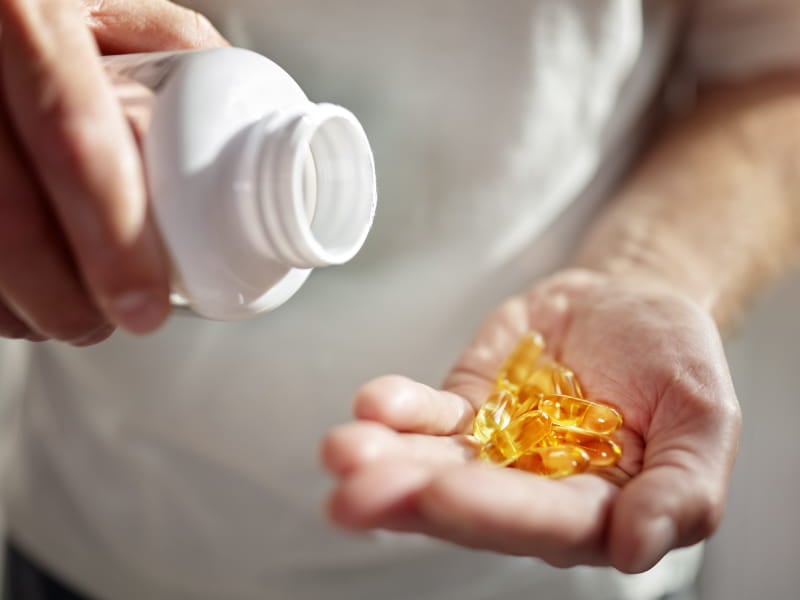
Infants and young children with low levels of vitamin D may be at greater risk of high blood pressure later in childhood, a new study says.
Researchers followed 775 children from birth to age 18 at the Boston Medical Center. Most lived in a low-income urban area, and about two-thirds were African American. Researchers looked at their systolic blood pressure, the top number in a blood pressure reading.
Compared to children born with adequate vitamin D levels, children born with low levels had about a 60% higher risk of elevated systolic blood pressure between ages 6 and 18. Children with persistently low levels of vitamin D through early childhood had double the risk of elevated systolic blood pressure between ages 3 and 18.
The study appeared Monday in the American Heart Association's journal Hypertension.
The prevalence of high blood pressure in children has been on the rise in recent years, especially among African American children. Kids with high blood pressure are at risk for having the condition as an adult and developing cardiovascular disease.
"Our findings raise the possibility that screening and treatment of vitamin D deficiency with supplementation during pregnancy and early childhood might be an effective approach to reduce high blood pressure later in life," Dr. Guoying Wang, the study's lead author, said in a news release.
Wang, an assistant scientist at Johns Hopkins University Bloomberg School of Public Health in Baltimore, said researchers are still determining the best vitamin D levels for pregnant women and young children.
The body needs vitamin D to absorb bone-building calcium. The vitamin is made when skin is exposed to sunlight and is also found in some foods, such as eggs, salmon and fortified milk.
If you have questions or comments about this story, please email [email protected].





